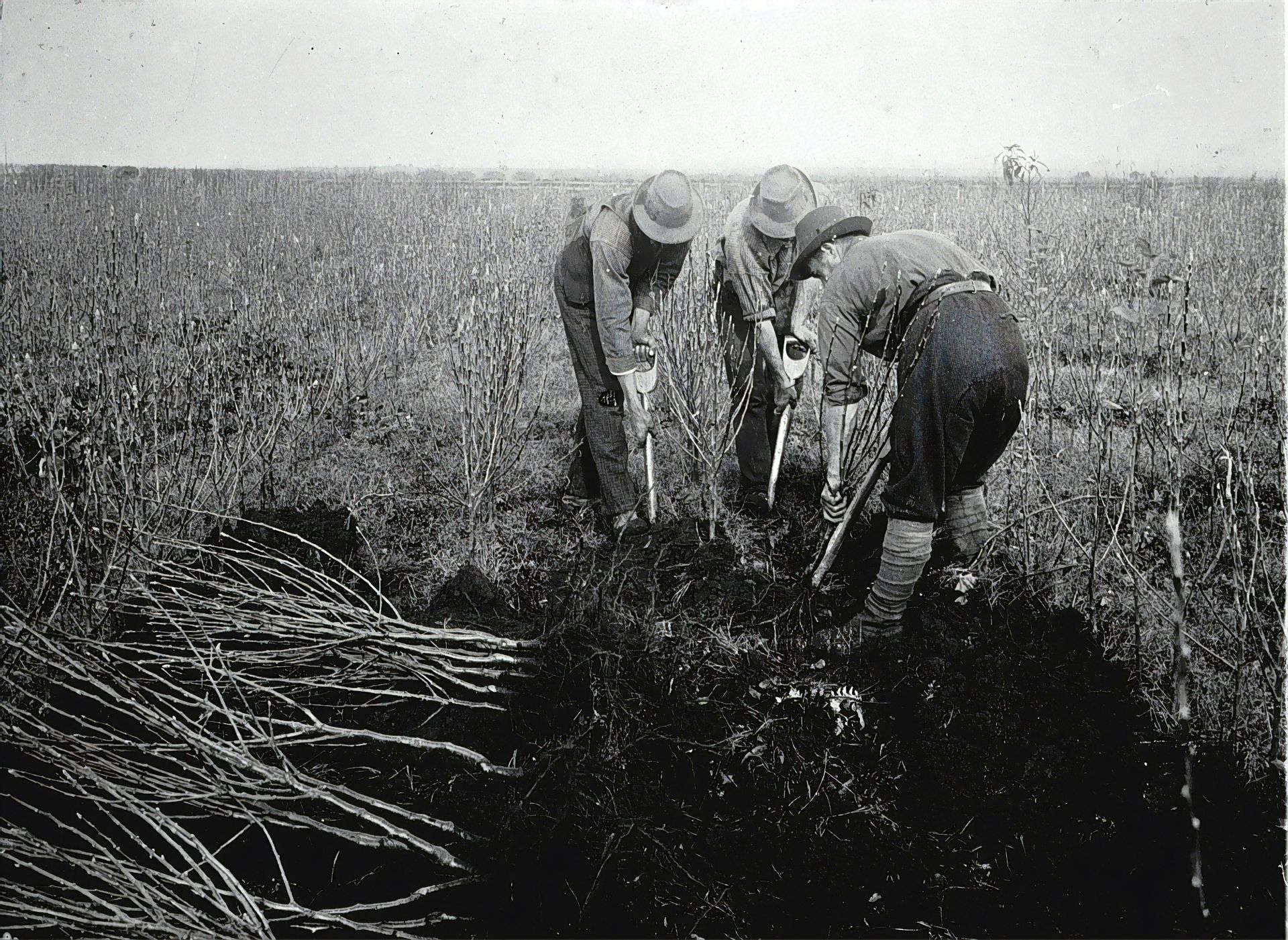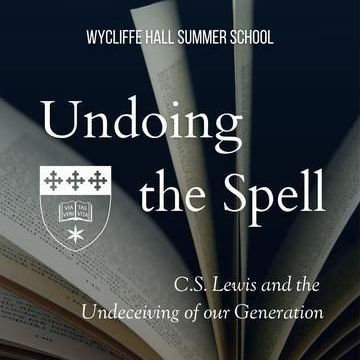A Real Life Parable: Norman Baker, the Crescent Hotel & Matthew 16
Stephen and I went on a road-trip this September and visited Eureka Springs, AK. While there we toured the 1886 Crescent Hotel & Spa and heard the story of Norman G. Baker.
Norman Baker was born in 1882 and was part entrepreneur, part salesman and, well, part swindler. There’s a lot to his story but, as I understand it, he founded a hospital in Kansas that would treat cancer and other ailments, but eventually he was ousted as a fraud. Undeterred, and highly critical of the medical profession, he continued his exploitative methods and in 1937 bought the resort hotel that was the 1886 Crescent Hotel & Spa in Eureka Springs.
This luxury hotel served as an alluring backdrop and context in which to be treated for cancer. Come and experience 5 star accommodation! Experience exquisite dining, state of the art leisure activities (moving pictures!) and the famed healing springs of northern Arkansas.
The sales pitch was simple. The cancer treatment of the day was crude and the use of radium would leave people with deformities and severe burns. Unlike the physical damage from such medical treatments, Baker offered a winsome alternative: pain-free cancer treatment! Where the medical professionals might hurt you more than you heal—come to the Crescent Hotel and receive Baker’s pain-free tonic while at the spa. For the sum of $5,000 you could go on vacation and be treated for a terrible disease.
Could it get any better than that?
There was one major problem though, Baker was a fraud. The cure sounded wonderfully attractive. But his tonic did not do what he said it would do. It was a mix of random ingredients (watermelon seeds, cloves and other oddities). While Baker touted that he was in the business of life, in truth he was in the business of death.
If you got to the Crescent Hotel & Spa today you can go and see what was a very active and busy department of his hospital: the morgue.
In truth, patients left the hotel not through the front doors but through the basement after an autopsy. And it gets more gruesome still with Baker touting “proofs” of his success with the tumors he would cut out of their bodies and keep after they’d succumbed to their illness.
***
Seeing the hotel, the morgue and this particular story was like stepping into a real world (albeit extreme) example of Jesus’ words to his disciples in Matthew 16;24-26:
"If any want to become my followers, let them deny themselves and take up their cross and follow me. For those who want to save their life will lose it, and those who lose their life for my sake will find it. For what will it profit them if they gain the whole world but forfeit their life? Or what will they give in return for their life?"
It is so easy to be drawn in by things that appeal to our desire for creature comforts. A nice hotel, a fine restaurant. Grandeur. Beauty commoditized and sold. You want the world? We have it! Come buy it here! We all want an escape from the hard things in life. Pain is what it is: painful. Who wouldn’t want to say yes to a cure for the ills of life with something that that promises not to leave you bruised and battered?
It would be wonderful to be able to not hurt when bad things happen. Not weep when tragedy occurs. Not be angered at injustice. Not be disappointed when things hoped for do not come to pass. Not grieve when people we love die. Often we’re pretty good at pushing the harder feelings away, but they are never truly gone.
***
Norman Baker preyed on people’s desire for an easy way out. A short-cut. It seemed too good to be true because it was too good to be true.
Jesus is clear: if you want to save your life it means losing it. It means taking up your cross. It means facing your suffering. It means grieving. It means having your heart turned from stone back into a heart of flesh, one that aches and longs for more of the goodness of God.
One way leads to life. The other leads to the morgue.
There’s no pain-free way to deal with our spiritual sickness. Yes forgiveness is a free gift, but the work of living into it and becoming like Christ means facing the reality of our lives. If we think we're doing just great, perhaps we’re just at the spiritual equivalent of the 1886 Crescent Hotel & Spa. Facing our spiritual condition is not a matter of making sure we receive the bread and wine every week as though downing a tonic that will fix us. 1 Corinthians 11 says the opposite and warns of the danger of receiving without paying attention to our own lives: “Examine yourselves, and only then eat of the bread and drink of the cup” (v.26).
***
I remember once doing some spiritual work that involved reflecting on my own character flaws. I thought I knew what mine were and that although it would be uncomfortable, I was pretty self-aware so I there wouldn't be any major surprises. But, as I began to read a little book on the topic, my eyes were opened. The blindness started to fall away. It was painful. It was eye-opening. It showed me some of the hard graft I needed to do, to acknowledge, own and ask for God’s help with these things. It involved some tears of confession as I shared with trusted friends the truth of my motives and intentions in some of my actions. By God's grace much has changed, but with God's grace much more change is to come as well.
It is not easy to clean up our side of the street. It takes persistent, consistent effort and willingness. It takes a willingness to trust God loves us more than we have loved ourselves or those around us. It takes a willingness to surrender our ways over for His. It takes a willingness to lay down our lives.
But in return?
In return we know the new life and love and new creation made possible through the resurrection of Jesus. We die, so He can live—and by it we really do come to know life in all its abundance.
******



